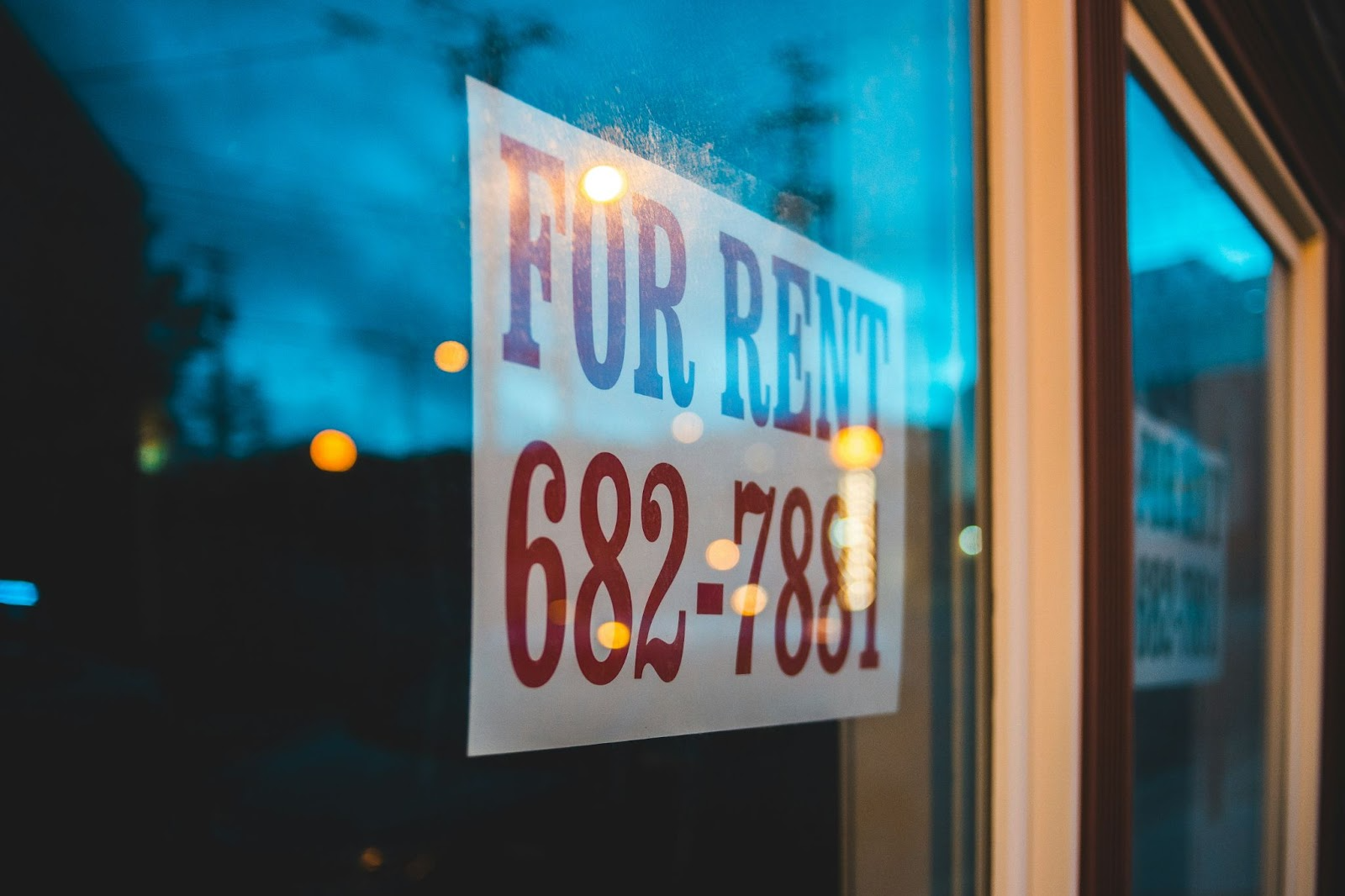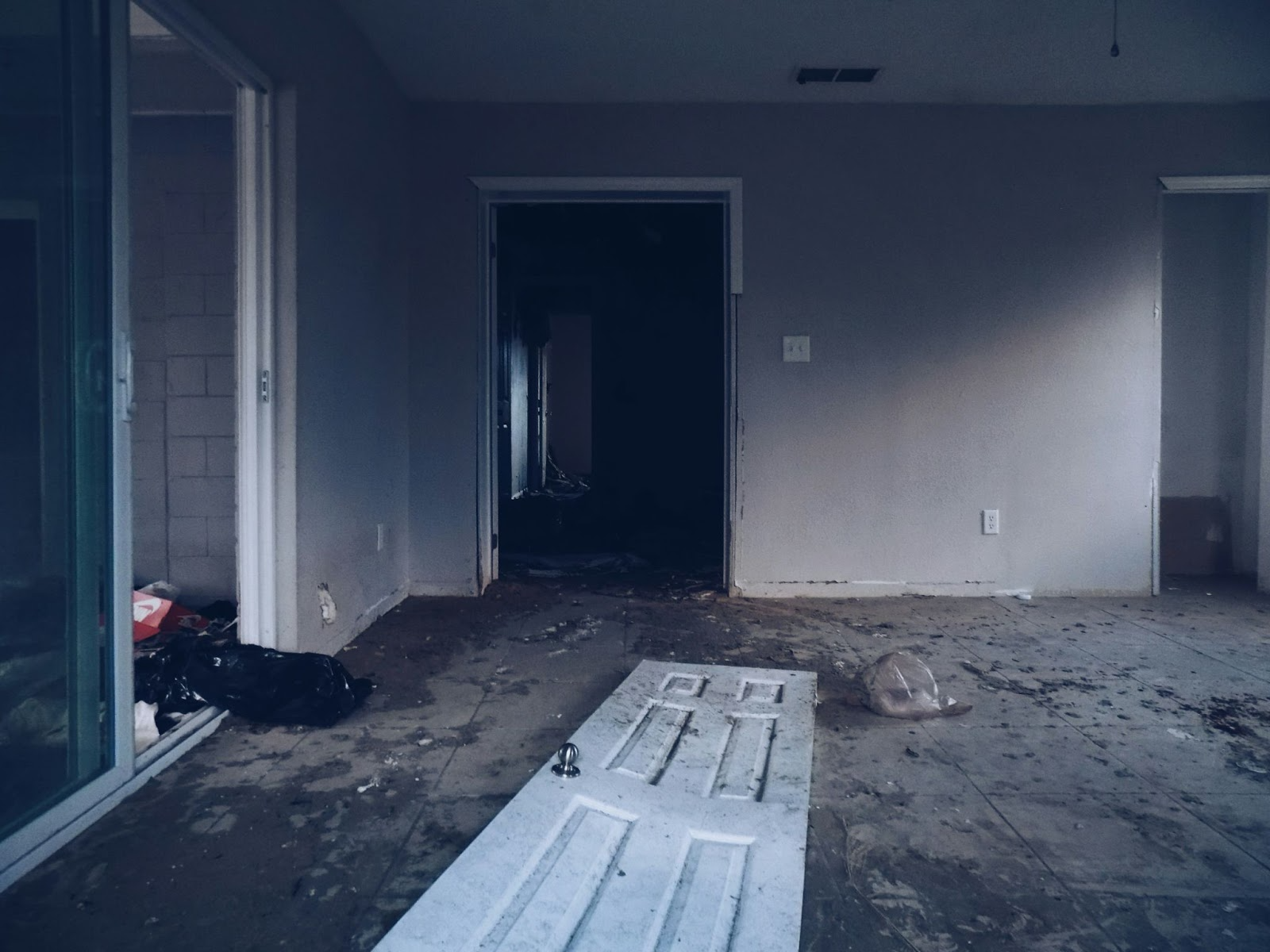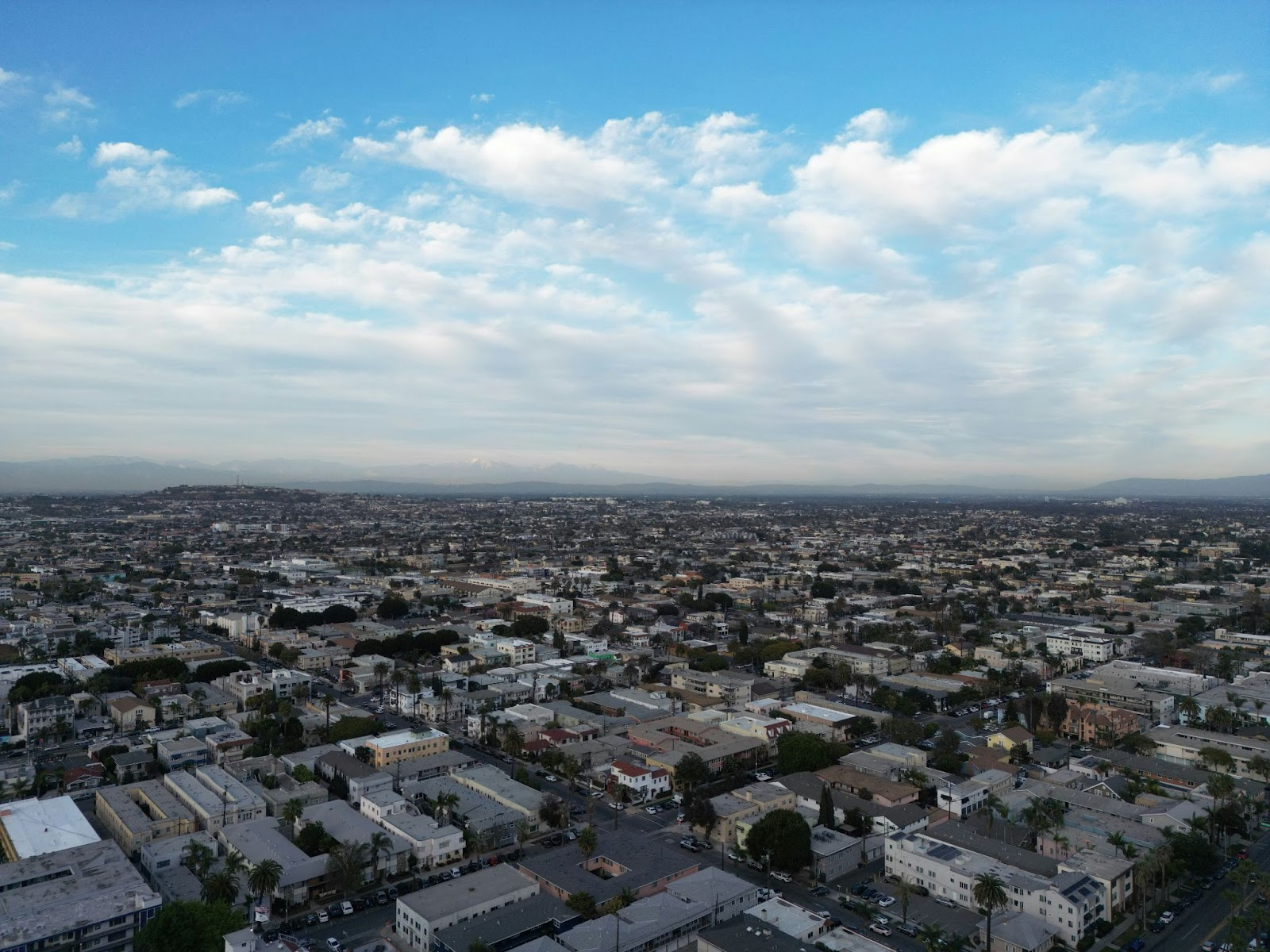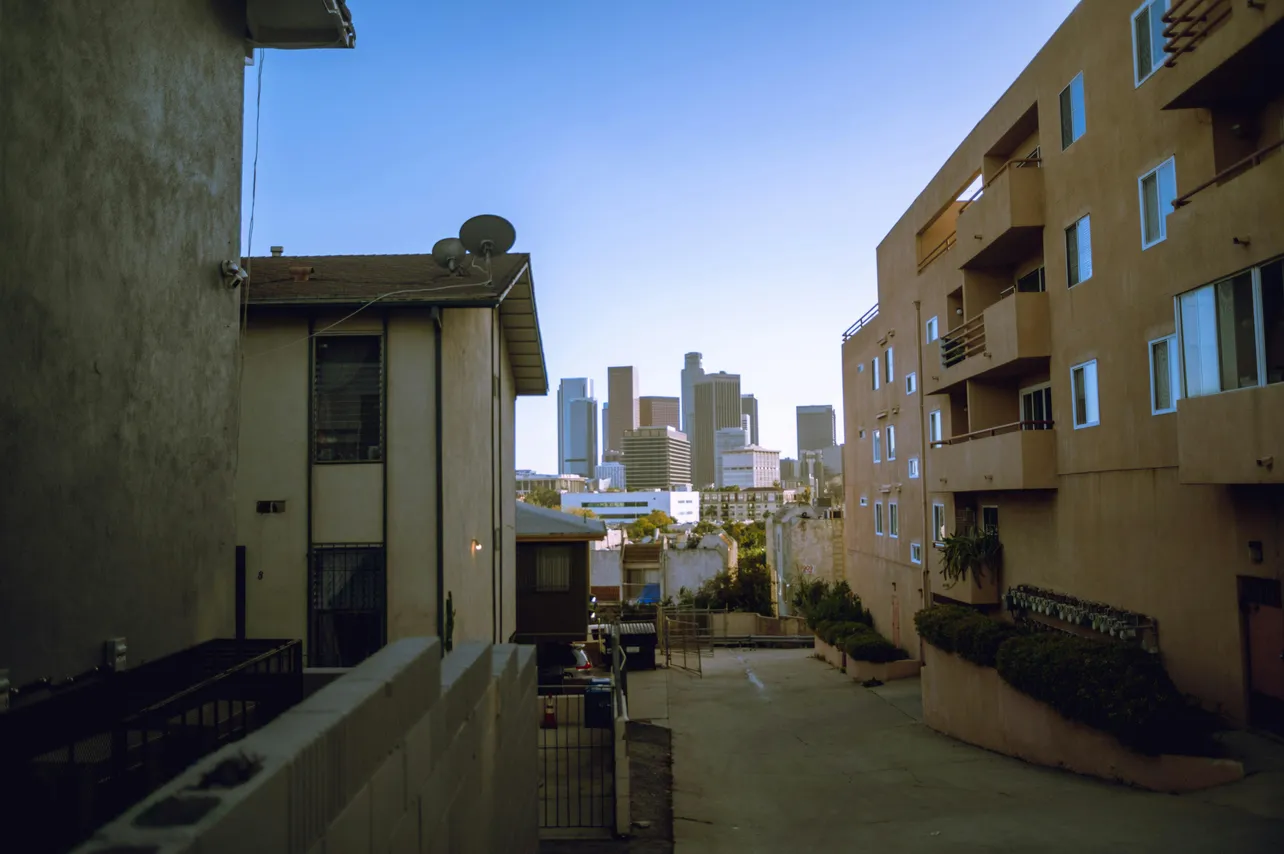It’s no secret that California is not an affordable place to live. Homeowners have been greatly impacted by the January 2025 fires, but there’s a large population of renters who also were left scrambling for answers in a situation they never imagined they’d encounter.
More than half of LA residents are renters. When you picture Altadena and the Palisades, you can imagine plenty of single-family homes. It’s true that many of those homes were owned, but renters occupied 22% of these houses or apartments.
How did price gouging affect the LA rental community?
Prior to the fires, Los Angeles had already suffered from a low vacancy rate. Suddenly, the fires added 20,000 households looking for a new place to live in a market that was already under immense pressure.

According to Zillow, the average rent in Los Angeles is $2,799 — 33.29% higher than the national average of $2,100. More than half of renters pay 30% or more of their income on rent.
In the weeks after the fires, rents soared. Collective groups like The Rent Brigade brought attention to price gouging laws. Landlords can’t raise the rent of an existing listing above 10% after an emergency is declared. Price-gouging protections also apply to short- and long-term rentals, as well as things like hotels, food, or other services. The California Attorney General website has a link to report price gouging or other scams, and The Rent Brigade encourages renters to report on their website.
While The Rent Brigade found over 10,300 likely cases of rent gouging, only nine landlords have been charged.
How is California helping renters who lost their homes?
There are some bills introduced in the California legislature to protect renters. Assembly Bill 380 would increase penalties for price gouging, which would remain illegal during the entirety of an emergency declaration. SB368 would require the California Department of Justice to work with local prosecutors to fight price gouging.
The LA County Board of Supervisors had issued a temporary eviction moratorium after the wildfires, but this ended in July 2025. They will vote in September to approve a $10 million program to provide rental assistance to those rental tenants affected by the fires. Passing this program would require the Department of Consumer and Business Affairs (DCBA) to set up an Emergency Rent Relief Program. The money will go to tenants who lost income or ran out of assistance from FEMA, as well as landlords struggling to pay for repairs.

What happens if my unit was totally destroyed in the fires?
The Legal Aid Foundation of Los Angeles has a comprehensive video for tenants, whether your home was completely destroyed or if it was damaged but repairable:
Tenants' Rights After a Disaster - Legal Aid Foundation of Los Angeles
If your rental unit was completely destroyed in the fires, your lease has ended and you do not owe rent. Your landlord was required to send you the security deposit within 3 weeks of vacancy. Any rent paid for the month should have been returned, pro-rated for the days you could not live in the unit.
If your home was destroyed, your landlord does not have to provide financial assistance to help you move. You can apply for aid from FEMA. You also might have benefits from your renter’s insurance.
What about rental units that weren’t destroyed?
The fires created smoke and ash that contained toxins. This debris in and around rental properties could be a health risk. Some units might have been partially damaged by the fires. Landlords are responsible for maintaining the habitability of their units.
| What About Soil Remediation? |
|
Some renters on the Eaton Fire Survivors Network on Discord are, rightfully so, concerned about leftover toxins from the fires. Some have noted their landlords being evasive about soil remediation. Some landlords are claiming they won’t do remediation because insurance will not cover it, and the landlord cannot afford it without insurance payouts. If you are in a similar situation, you can join the Eaton Fire Survivors Network on Discord, or see the Pasadena Tenants Union or Altadena Tenants Union for referrals to legal advice. If you were affected by the Eaton Fire and are looking for soil remediation assistance, you can fill out this form, which will be reviewed by non-profit staff from Fire Poppy Project, CORE, All Hands and Hearts, National Day Laborer Organization Network, and Mutual Aid Los Angeles Network. |

If your home has smoke damage, particularly if it’s in the HVAC system, your landlord is required to repair the structure of the home and appliances; they aren’t required to replace your personal belongings. Your renter’s insurance might help with personal recovery costs, so you can reach out to your insurer for more information.
You can choose to end your lease, or you can return once the building is repaired, but tell your landlord in writing of your decision. According to Stay Housed LA, you do not owe rent until the home is fit to live in.

While you might have the right to pay reduced or no rent, you need to work out the arrangement with your landlord in writing. If you don’t pay your rent, your landlord could evict you. LA County Recovers suggests seeking legal help if you think you have the right to pay reduced or no rent.
Your landlord might be responsible for helping you move or temporarily stay elsewhere while repairs are being made. If your unit is rent controlled, you might be eligible for relocation assistance. Renters can contact DCBA if they are unsure about their situation.
| What If I Think My Home Is Uninhabitable? |
|
On the Eaton Fire Survivors Network Discord, moderators are suggesting that people do not give up their leases. Giving up the lease also gives up your rights, where you might be entitled to damages. If your rental hasn’t been remediated and you are concerned about habitability, you should send a letter to your landlord and then register on the DCBA website as a tenant and submit an application for reduction of rent. You have 180 days from the date you notified your landlord to file for rent reduction. |
If your home was damaged but deemed habitable, you still have to pay rent. If you notice problems, let your landlord know in writing and request repairs. You can ask for reduced rent while the repairs take place, but this isn’t guaranteed.
If your landlord refuses to make repairs, you can file a complaint with the City of Los Angeles Housing Department. Keep written records of your maintenance requests and your landlord’s responses. You might also consider making repairs yourself and subtract the expenses from your rent.

Where can I find more information?
It is not easy navigating the complexities of landlord-tenant law even in stable times, let alone after a disaster. If you are a renter impacted by the fires, here are your resources:
- Smoke or fire damage in your unit:
- Legal questions or eviction threats:
- Price gouging or unfair rent hikes:
- Relocation or rent control rights:
- Financial assistance:
- Additional Resource Hubs:
Disclaimer: The content shared in our blog is for informational purposes only and should not be considered legal, medical, or financial advice. Please consult with a qualified professional for guidance specific to your situation.

